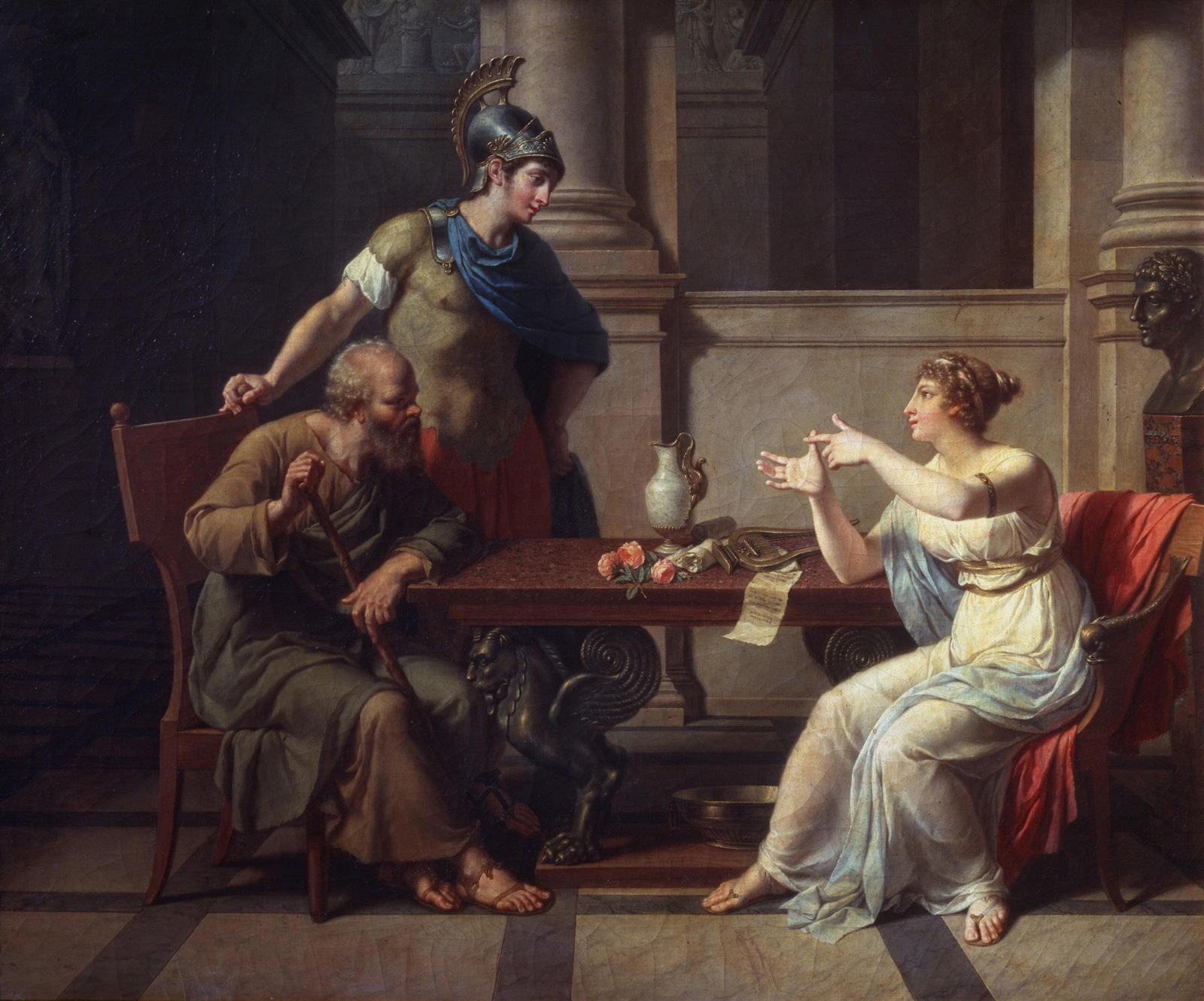Theory of the Breakup
A philosophical guide to love and rupture
Aaron Schuster
1) I am nothing.
2) You would be happier with someone else.
In what follows, I will sketch a brief history of this formula, culminating in the peculiar amorous adventure that is psychoanalysis. But first, what does Plato mean by it?
The formula concerns the end of the affair between Socrates and Alcibiades. The dazzlingly brilliant and bewildering philosopher and the dashing, larger-than-life general and politician were one of the great couples of the Golden Age of Athens. Both were to have a profoundly disturbing impact on the prevailing order: Socrates will be sentenced to death for blasphemy and corrupting the youth, and Alcibiades accused of sacrilege and forced into exile more than once, shifting allegiances between Athens, Sparta, and Persia until finally being assassinated at the behest of the Spartans. To give a sense of the uniqueness of this relationship, imagine if Hegel and Napoleon had been lovers (or even stranger, Kant and Saint-Just). Alcibiades and Socrates had a long history, and the philosopher’s love for him was no secret. “I am in love with Alcibiades the son of Cleinias and with philosophy,” Socrates avowed, and he called himself the protos erastes of Alcibiades, the first of all his lovers.[1] Plato portrays the whole sweep of the affair, from Socrates’s first approach in Alcibiades I to their tempestuous confrontation in the Symposium. The setting of the Symposium is a banquet hosted by the tragic poet Agathon in honor of his winning the drama competition at the Lenaia; this dates the action of the dialogue to 416 BC. The following year sees Alcibiades lead the Sicilian Expedition, then abandon it and flee to Sparta after being ordered to return to Athens to answer accusations about his role in the vandalization of the city’s hermai (phallic Hermes statues), a major religious scandal. The symposium would be Socrates and Alcibiades’s last encounter.

When Alcibiades crashes Agathon’s party, and, to his surprise, discovers Socrates there, they immediately engage in verbal sparring, each accusing the other of trickery and violent jealousy. Alcibiades then launches into a speech where he promises to reveal the shocking truth about the philosopher. In fact, what he does is conduct his own trial of Socrates, ironically for not corrupting him. This is the first trial of Socrates, foreshadowing the other more famous trial, and exonerating him in advance of its accusations; this seems to have been Plato’s intention in crafting the scene. Alcibiades presses his case against the philosopher, exposing his strange behaviors, even at great embarrassment to himself—especially Socrates’s refusal to sleep with him.